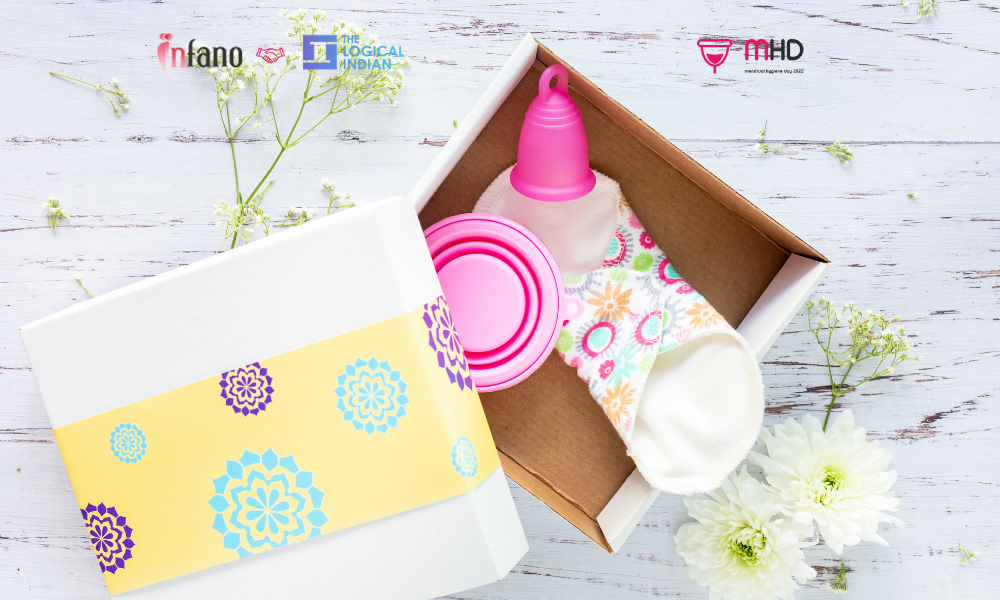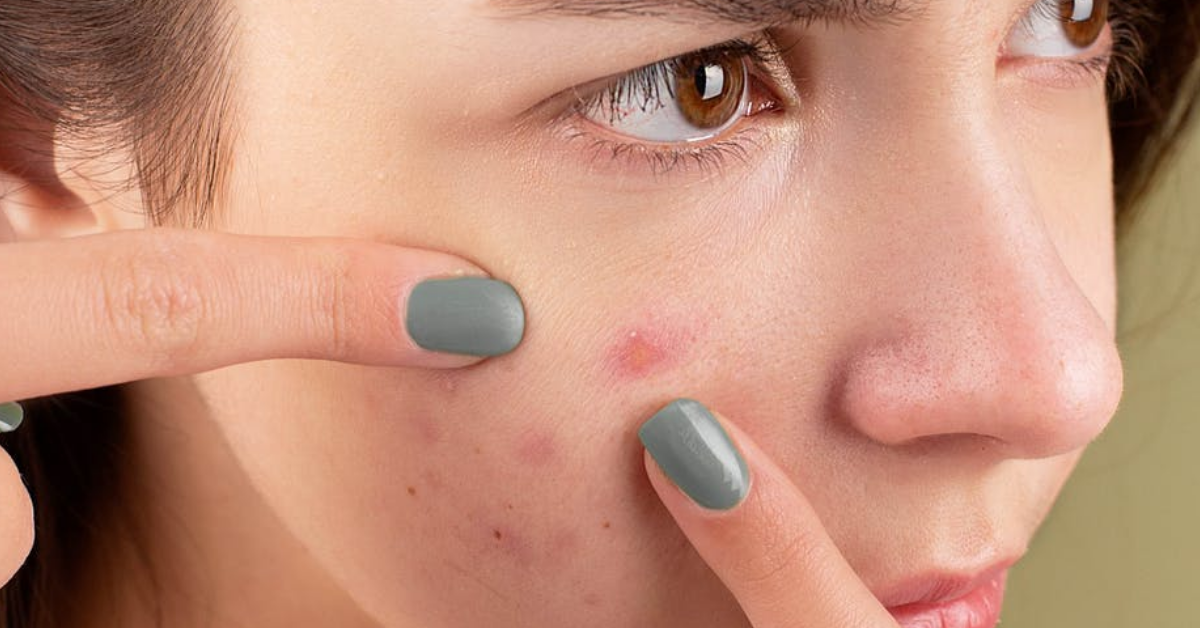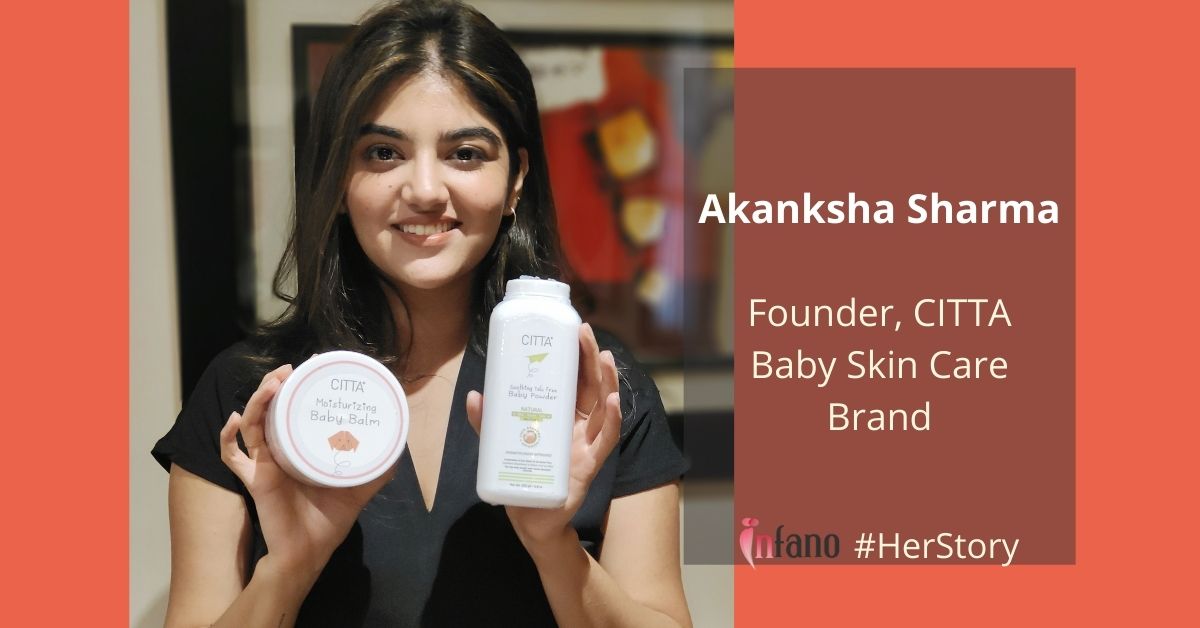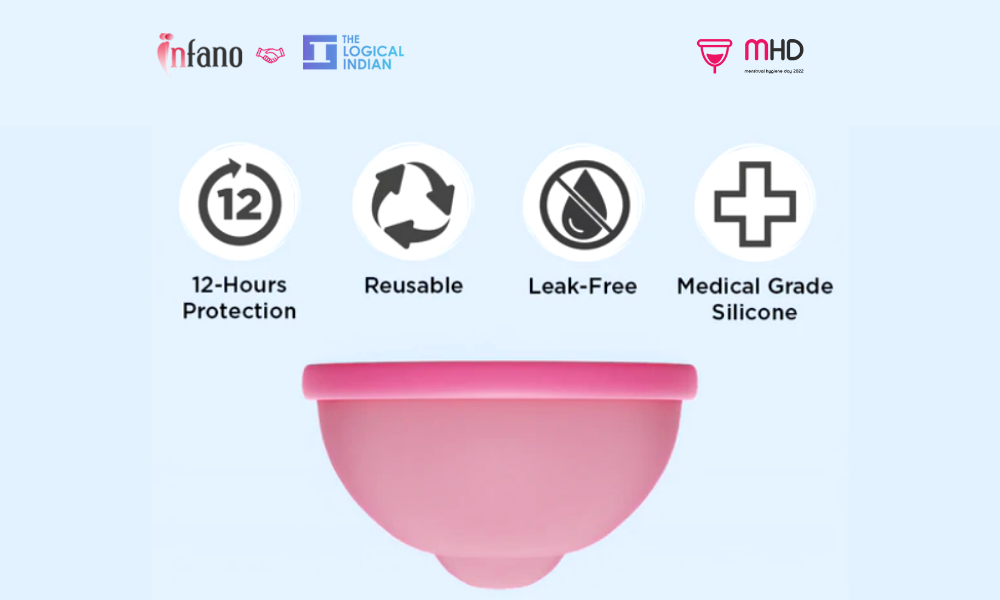A woman’s pelvic floor is a delicate, often misunderstood part of her body. But, it deserves attention nonetheless. A woman’s pelvic floor has the important job of supporting the bladder, uterus, and bowel so they can do their jobs! A Healthy Pelvic Floor should be strong and able to contract as well as relax when necessary. This response should occur with minimal awareness- automatically without you needing to think about it or control it.⠀
Pelvic floor exercises for women, as the name suggests, are a set of exercises that can be done by women to strengthen their pelvic floor muscles. Urinary incontinence and pregnancy are usually considered as reasons for weak pelvic floor muscles.
What are the Pelvic Floor Muscles?
Pelvic floor muscles are the ones that form a sling inside your pelvis and hold up your bladder, bowel, and uterus. Your pelvic floor muscles play a key role in maintaining the shape of your pelvic girdle and keeping these critical organs in place.
What is the role of these muscles?
Pelvic floor muscles are the most important group of muscles in the body. These muscles will help to keep pelvic organs in place, prevent or treat urinary incontinence, constipation, and other issues. Their main role is to be involved in
💩 Bowel Health
🚽 Bladder Health
👶 Reproduction
💋 Sexual function
Women face pelvic floor weakness after childbirth or due to aging. Weak pelvic muscles are also caused due to bad posture, poor bowel and bladder behavior, core weakness, and many other reasons. These muscles are also responsible for good sexual function. healthy and strong muscles can result in less pelvic pain during intercourse
Pelvic Floor Exercises
Pelvic floor exercises are important for strengthening the muscles in this area, which can help with urinary incontinence and give women more control over their bladder. These exercises can be done lying down on one’s back on the floor, sitting up in a chair (with proper back support), or standing with feet apart and squatting.
However, it is best to meet a physiotherapist to learn the correct form of exercise before starting them.
Benefits of Pelvic Floor Exercises
- Pelvic floor exercises are good for developing these muscles and preventing health problems in that area.
- They help to reduce the risk of vaginal & rectal prolapsed and speed up recovery after childbirth.
- Strong muscles will help with recovery post-pregnancy.
- Strengthening of the pelvic floor muscles and regulating its contractions helps with a Healthier bladder and bowel behavior.
- Helps in improving sexual health and sexual functions
1. Kegels
Kegels is an exercise for contracting and relaxing pelvic floor muscles and is named after American gynecologist Arnold Henry Kegel. He invented them as a non-surgical treatment of urinary continence which is caused by perineal muscle weakness. Do not do Kegels on muscles that are already tight it may make the problem worse.
- Sit down in a relaxing position. Identify the muscles that can stop urine leakage.
- Tighten those muscles of your body.
- Hold yourself in this position for 3-5 seconds.
- Release the muscles and relax your body.
- Repeat the exercise about 8-10 times.
2. Squats
A strong core can support the pelvic muscles and improve your pelvic health as they engage one of the largest muscles in your body ensure to stay firm and tighten your belly While performing squats. You must know how to breathe, what area to tighten and release during which part of the exercise.
- Stand with your feet hip width apart.
- Bend up to your knees to let your buttocks down towards the floor. Go down as much as you feel comfortable.
- Make sure your back is straight and it should be tilted forward. Knees should be in line with your toes.
- Tighten your buttocks and pelvic floor when you stand up.
- Repeat the exercise for 10 times in a set.
- Take some rest and then do another set.
3. Bird Dog
This exercise helps to work on abs, back, glutes, hips, and a full-bodied movement and includes pelvic floor muscles as well.
- Go on all fours. Keep wrists parallel to your shoulders and knees parallel to your hips. Your back must be straight and your neck in a neutral position.
- Tighten your core and keep your shoulder blades down towards your hips.
- Now, straighten and raise your left leg and then right arm. Keep your pelvis and shoulders neutral. Keep your head straight. Hold the position for 2-3 seconds.
- Bend and lower your leg and arm. Maintain stability in your body and then switch the position by raising your right leg and left arm. This can be called as 1 repetition.
- You can do 10 repetitions and 3 sets of this exercise.
4. Bridge
The bridge is also a crucial part of pelvic floor exercises for women. it strengthens the core and glutes as well and it activates several pelvic floor muscles of your body.
- Lie on your back, then bend your knees. Keep your feet flat on the floor while keeping them some width apart. Keep your arms on their sides with palms facing downwards.
- Tighten your buttocks and pelvic floor muscles, and lift them up.
- Hold the position for 3-5 seconds while maintaining stability.
- Relax your buttocks and pelvic floor muscles, and lower your body to the ground.
- Go back to the starting position. Repeat the exercise for about 10 times.
- Take rest after 10 sets and then perform two more.
5. Split Tabletop
Split Tabletop is a leg exercise that is usually performed in Pilates. When you add the split, you activate your abs, and hips along with pelvic floor muscles.
- Lie down on the floor on the support of your back. Keep your knees bent so your thighs are perpendicular to the floor.
- Keep your abs tightened and inner thighs activated with legs touching each other.
- Now, start splitting your legs so your knee falls outward while moving towards a comforting position.
- Then, raise your body and start again.
- You can do 10-15 repetitions and 3 sets of this exercise.
What to consider when doing pelvic floor exercises?
Pelvic floor muscle exercises are done either lying down or sitting. It is recommended that pelvic floor exercises be performed at least twice a day. In order to successfully complete a pelvic floor exercise, you must contract and release your muscles ten times.
It is important to get examined by a physiotherapist before starting any exercises as they cause more harm than good if done incorrectly. Physiotherapists help to understand your pelvic health and help them to exercise these muscles to reduce the risk of symptoms
Women with tighter muscles may need a release and stretching before they can start strengthening them. If done wrong or if done by someone who is not a candidate for these exercises, it may make the problem worse.
For more on health and fitness from Infano, click here.






















